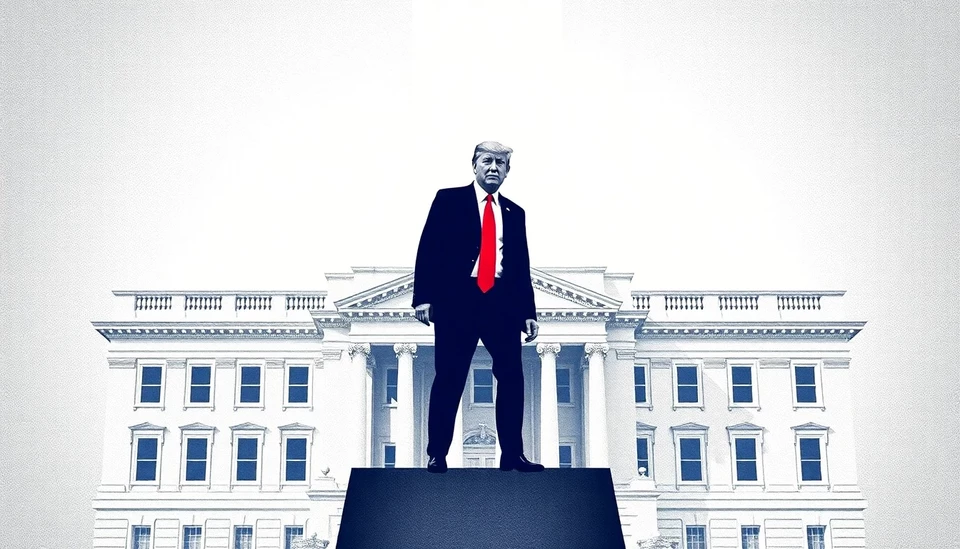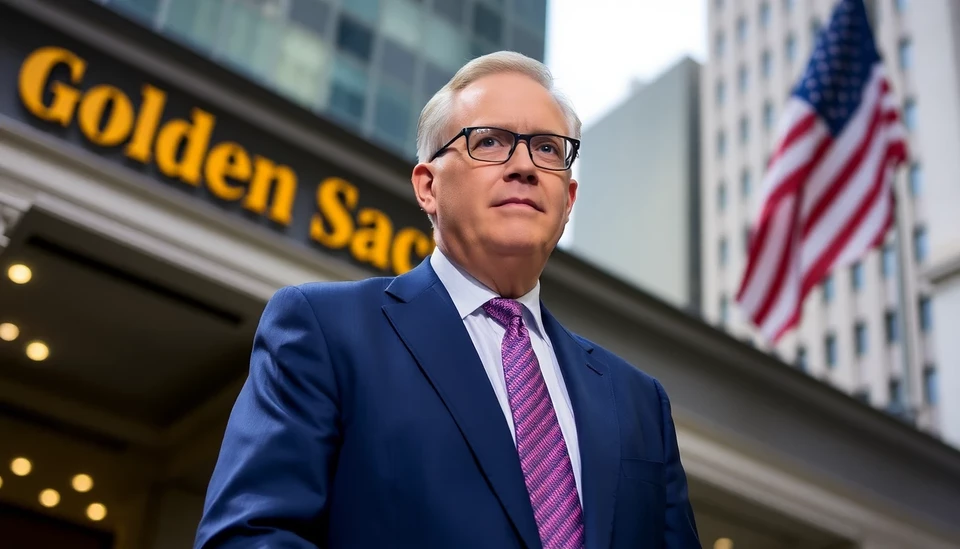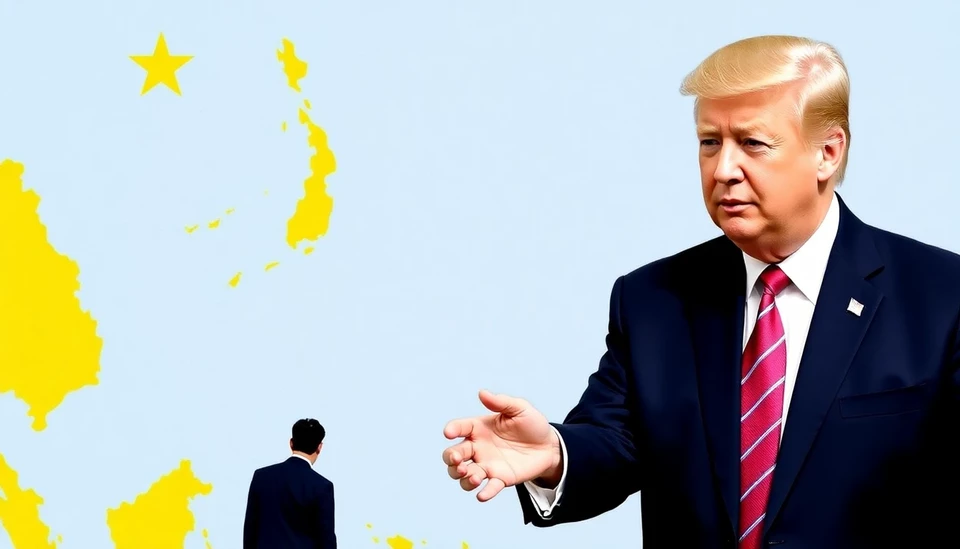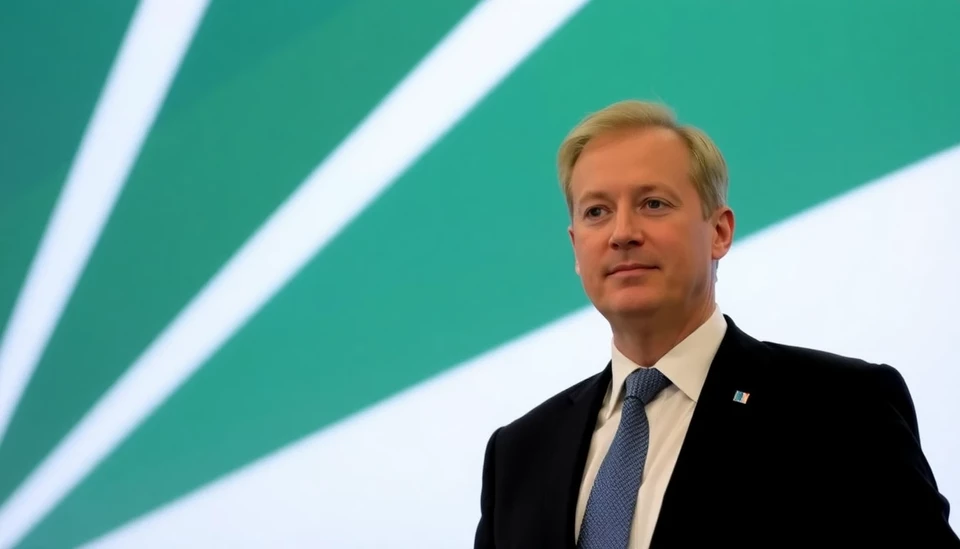
In a controversial move, former President Donald Trump has outlined a plan to significantly reduce the size and scope of the federal government, raising serious concerns about the potential impact on jobs, particularly for Black workers. The proposed cuts come as the former president ramps up his campaign for the 2024 elections, positioning himself against what he terms the “overbloated” federal bureaucracy.
The plan suggests slashing a variety of government programs that, according to analysts, play a vital role in promoting economic equity and employment opportunities for underserved communities, including Black workers. Critics have quickly pointed out that these proposed cuts could exacerbate existing inequalities, further marginalizing communities that have historically faced economic barriers.
In a statement, Trump emphasized his goal of streamlining the government to prepare for what he calls a “new era of economic prosperity.” However, this statement has been met with skepticism by advocates for social justice and economic equality. They argue that the intended cuts would not only threaten public sector jobs but also undermine critical services and initiatives tailored to assist minority populations.
Many Black workers are employed in positions funded by federal programs, such as education, healthcare, and social services. The proposed reductions in government funding could lead to job losses, instability in communities reliant on these services, and increased economic hardship. Such outcomes could disproportionately affect areas where Black communities are already facing high unemployment rates.
Supporters of the plan argue that a smaller government would lead to increased efficiencies, allowing the private sector to flourish without excessive regulation. However, opponents maintain that the loss of public sector jobs, particularly in minority communities, would far outweigh any perceived economic benefits.
As the campaign season heats up, the implications of Trump's proposal will continue to unfold, igniting discussions around the balance between economic growth and social responsibility. Advocacy groups are gearing up to respond, emphasizing the importance of protecting jobs and services that support marginalized populations.
The tension between fiscal conservatism and social equity is expected to be a focal point of political discourse, influencing voter sentiment as the nation approaches the next presidential election.
This situation underscores a critical question: Will economic policies aimed at reducing government influence serve to uplift all citizens, or will they deepen the divide faced by the most vulnerable populations in America?
As discussions intensify, political analysts will be watching closely to gauge how Trump's proposals resonate with voters, especially within communities that could be heavily impacted by these changes. With social equity at the forefront, the challenge for the former president will be to convince constituencies that his vision aligns with their needs and aspirations.
In conclusion, the proposed plan from Trump poses significant ramifications for the future of Black workers within the federal landscape. Advocacy and activism will be crucial in defending the rights and opportunities of these communities, as the political arena continues to evolve.
#Trump2024 #FederalCuts #BlackWorkers #EconomicInequality #Jobs #SocialJustice
Author: Laura Mitchell




